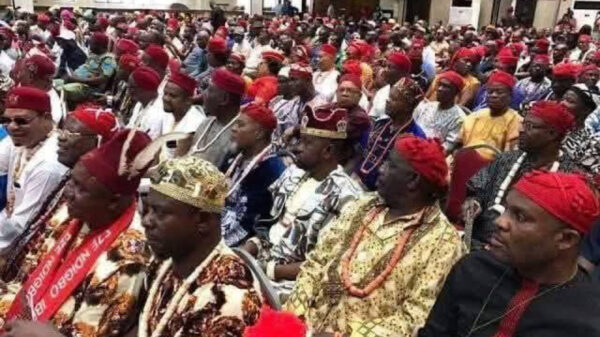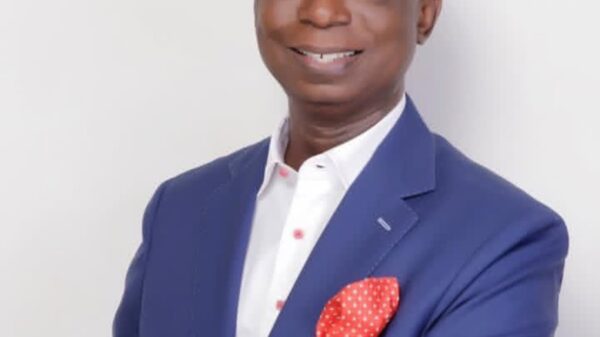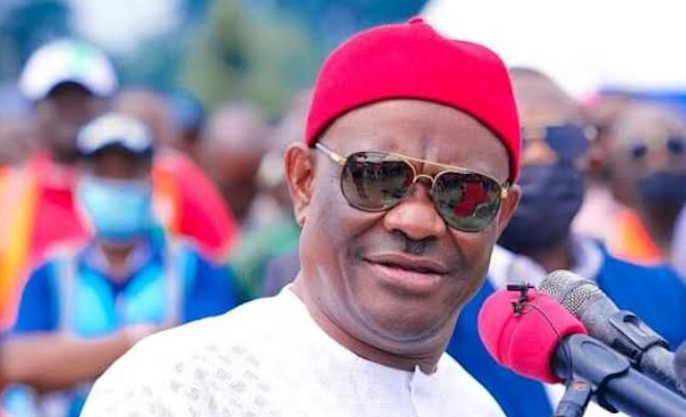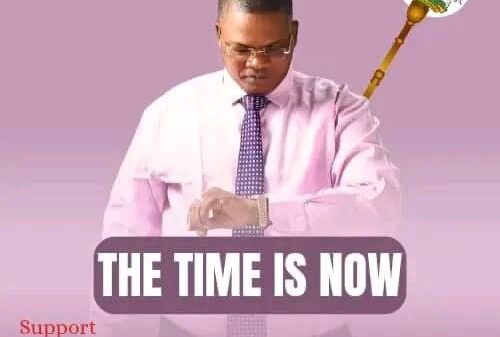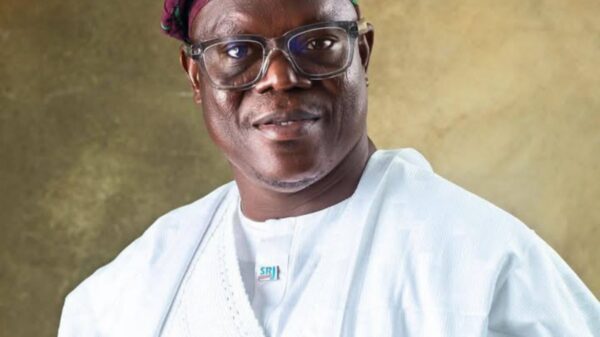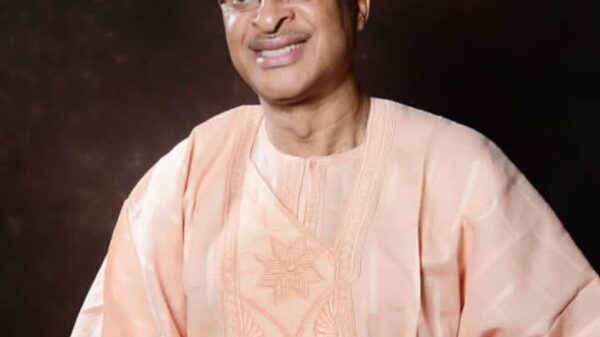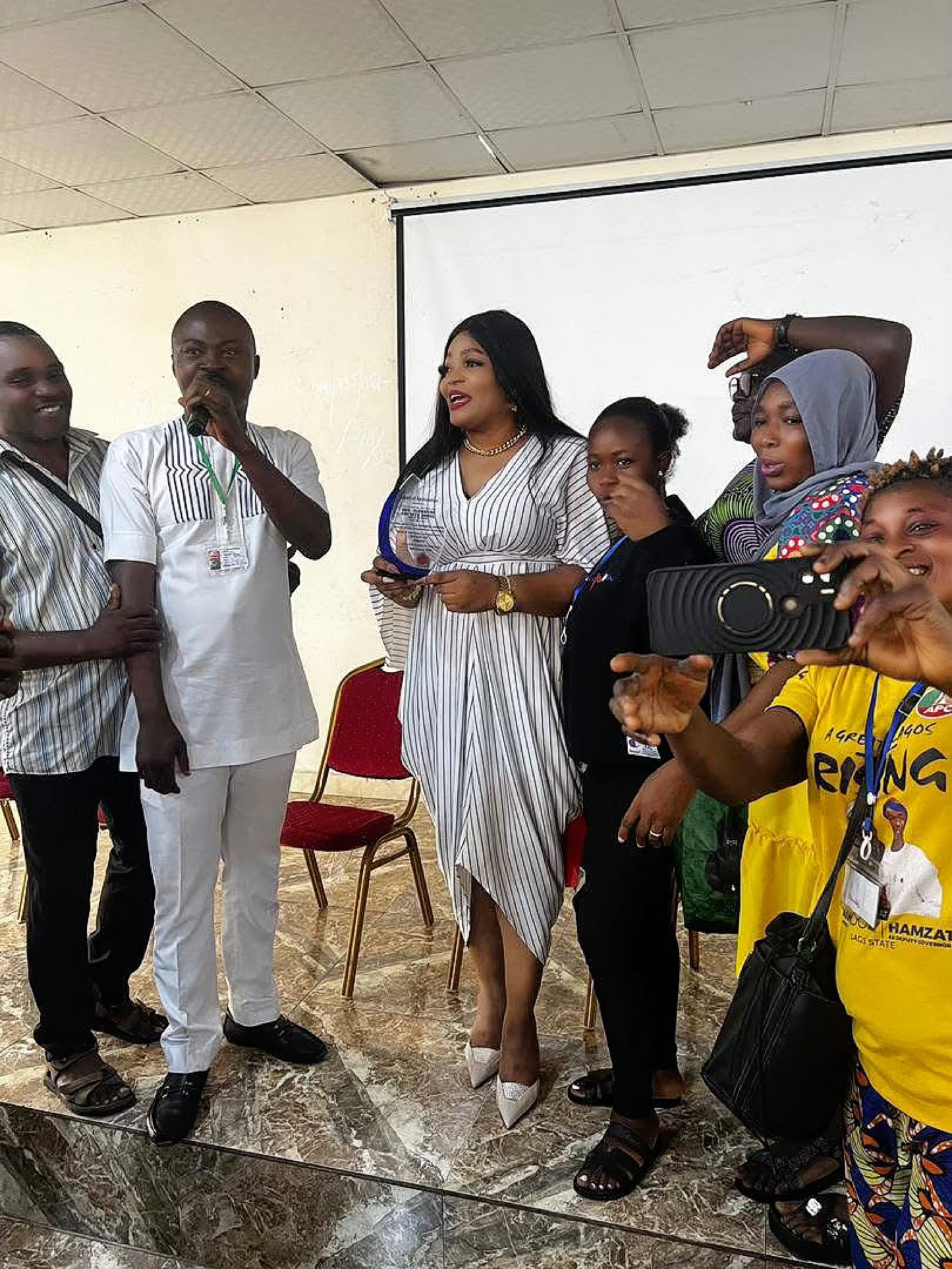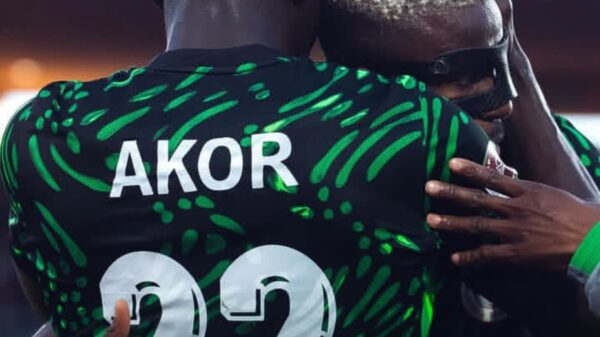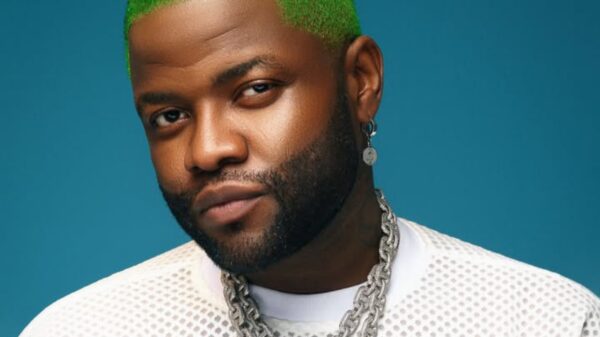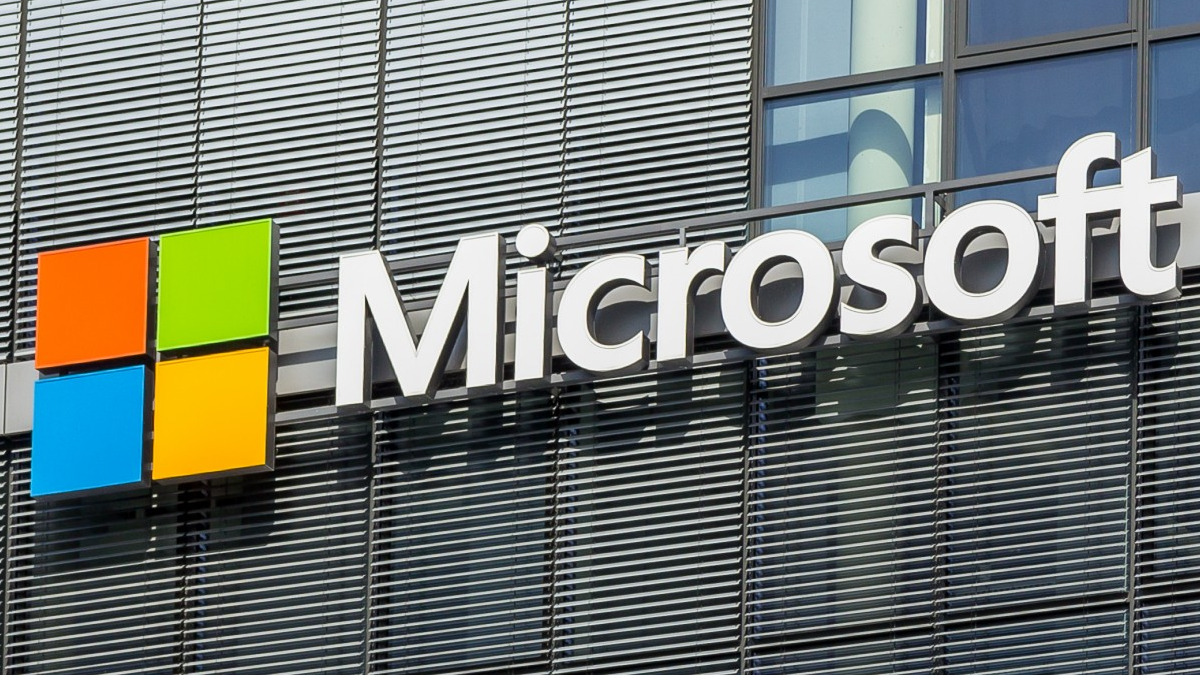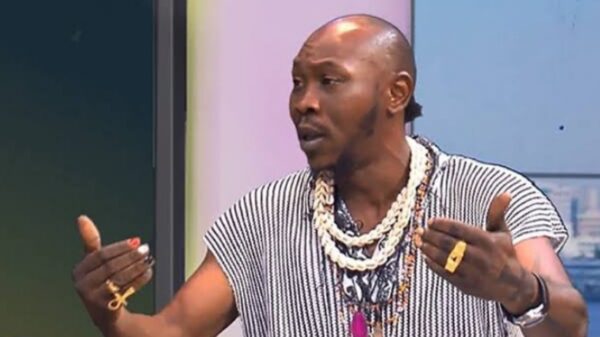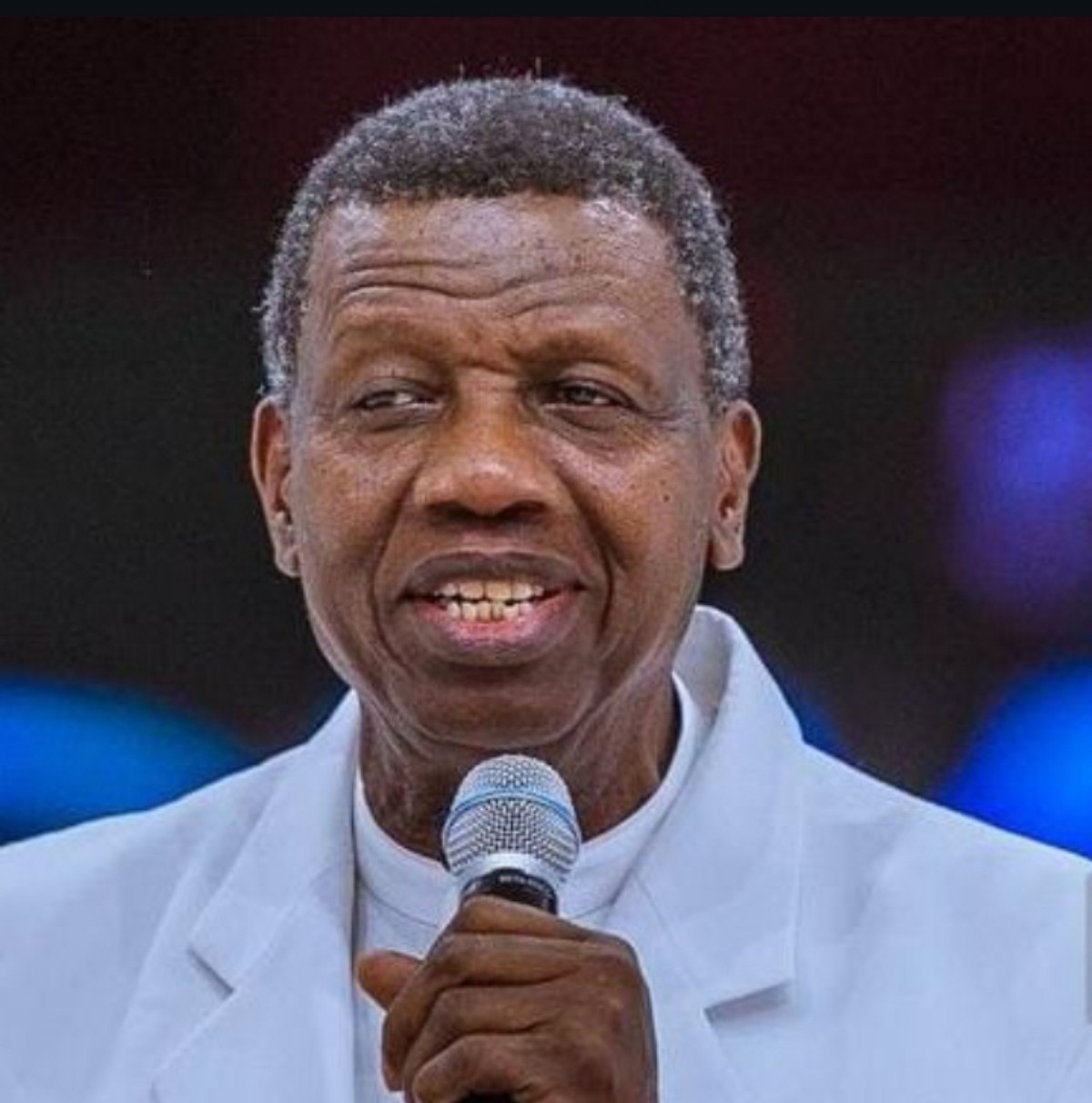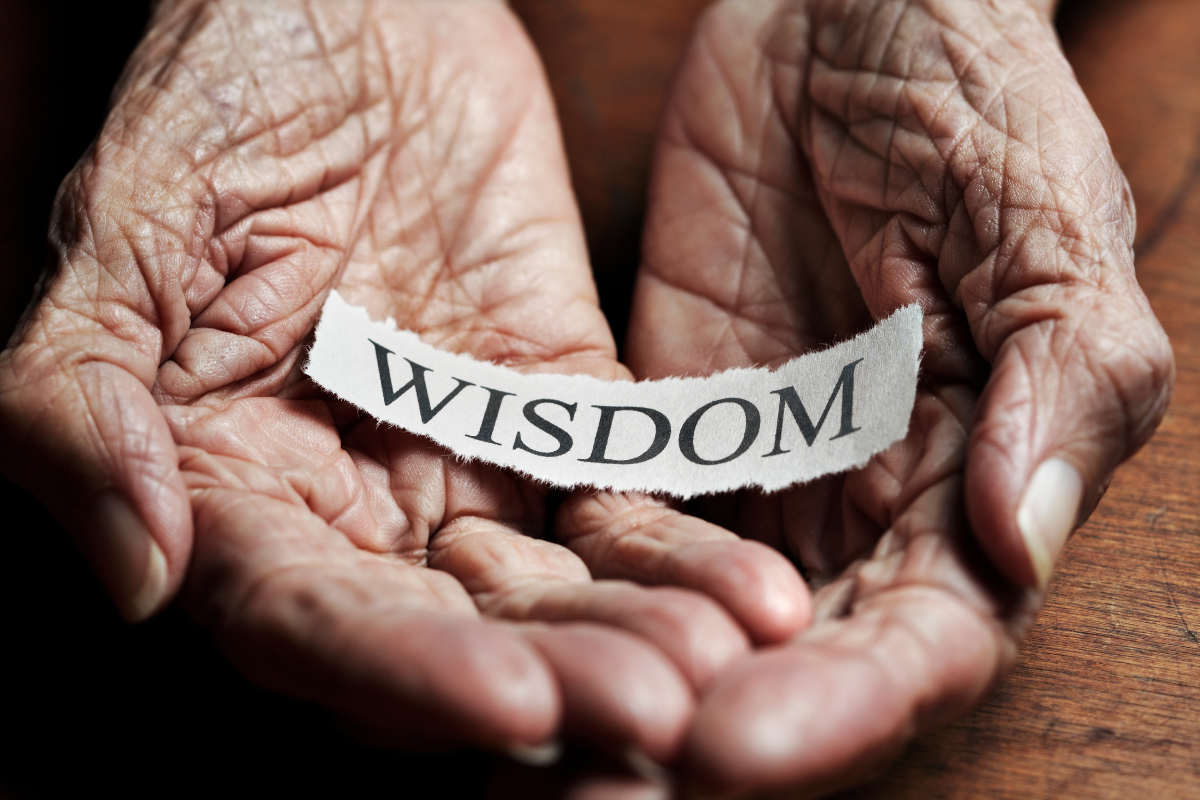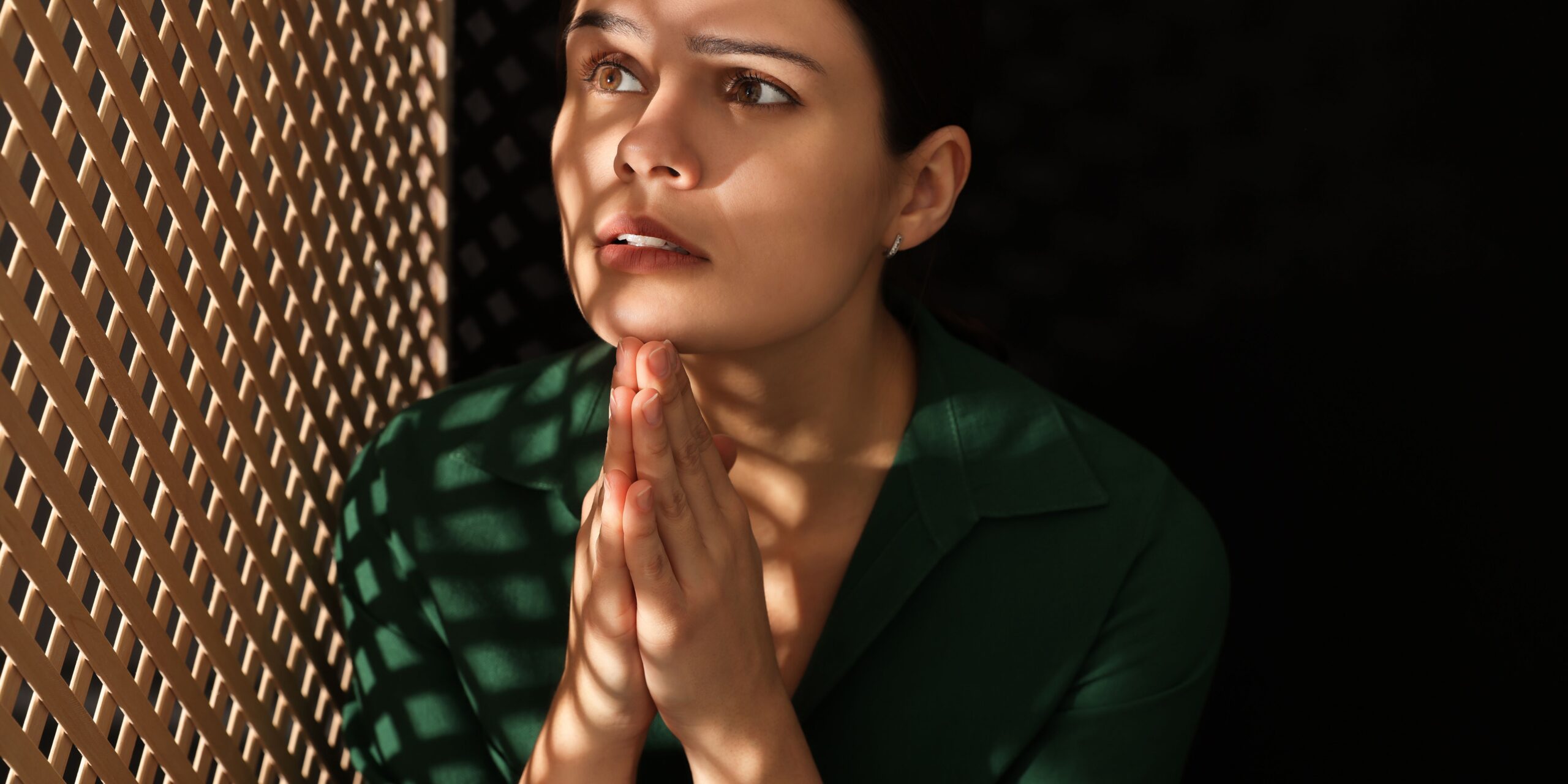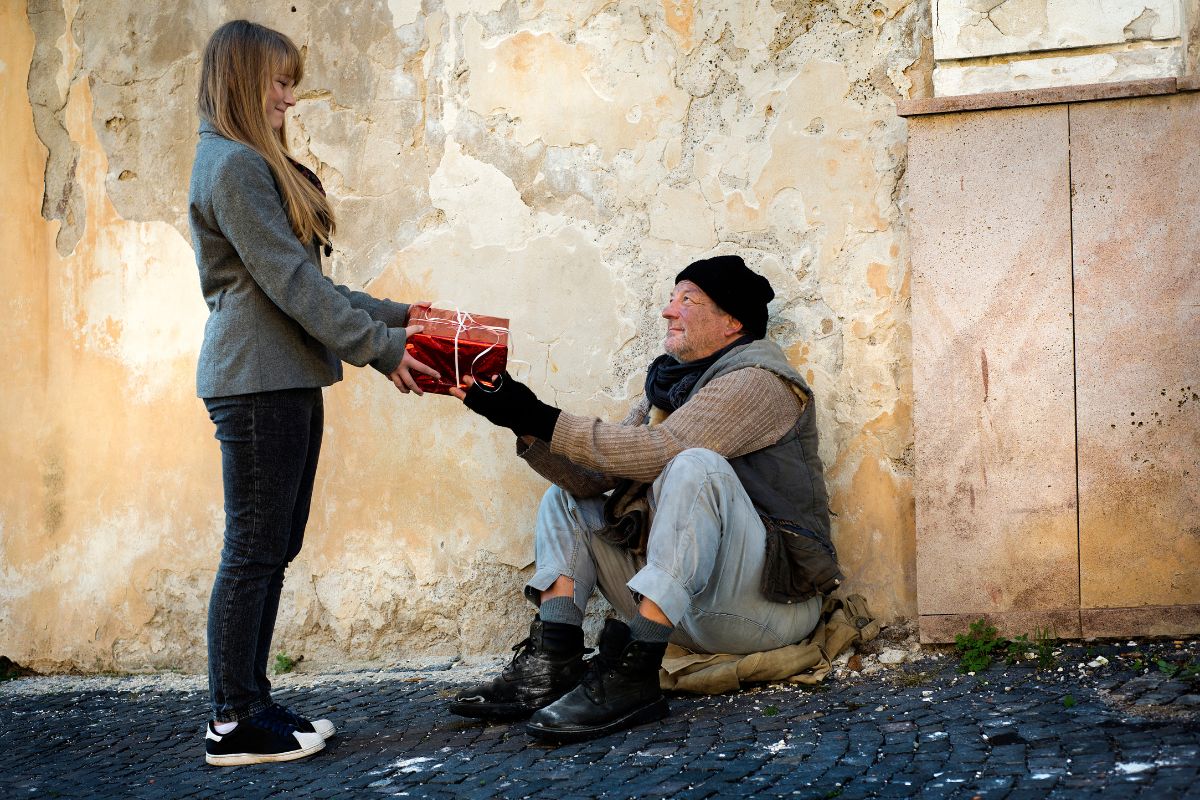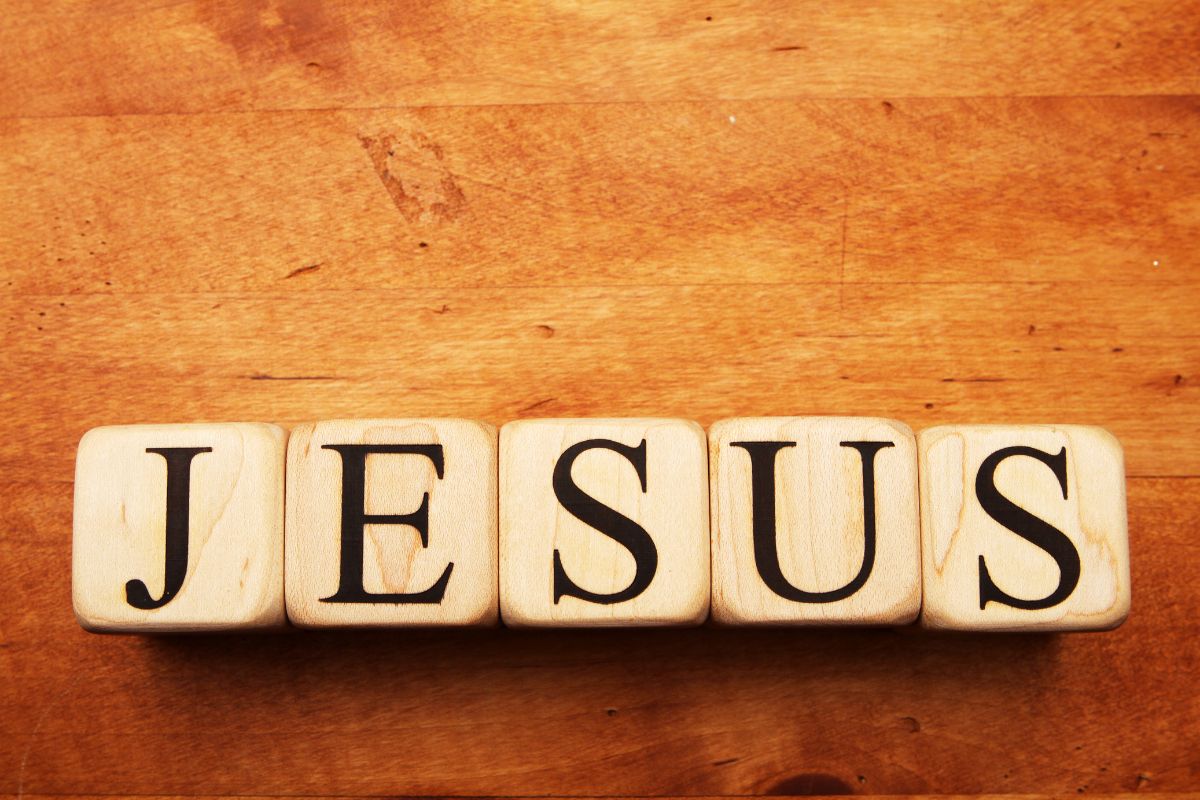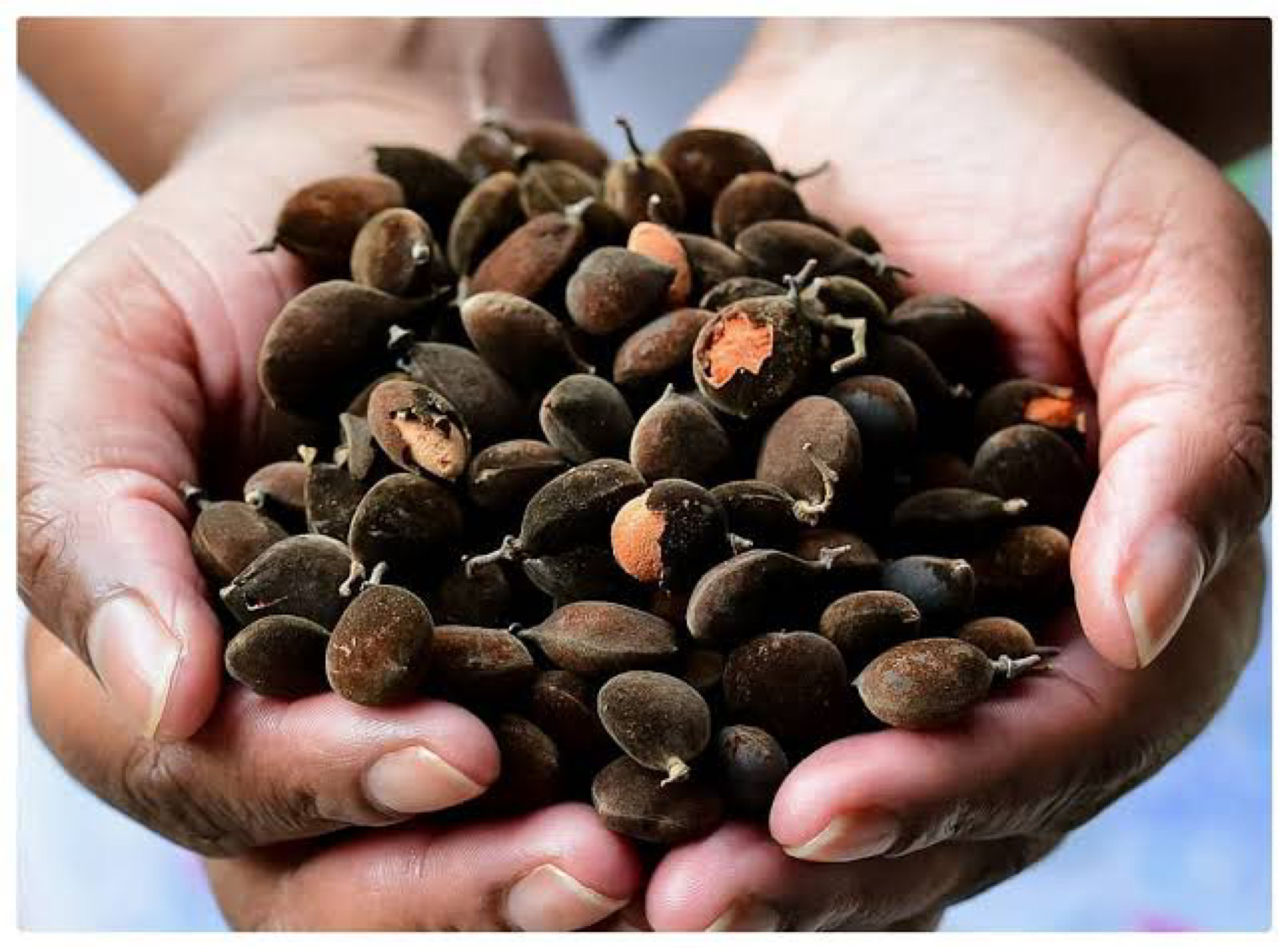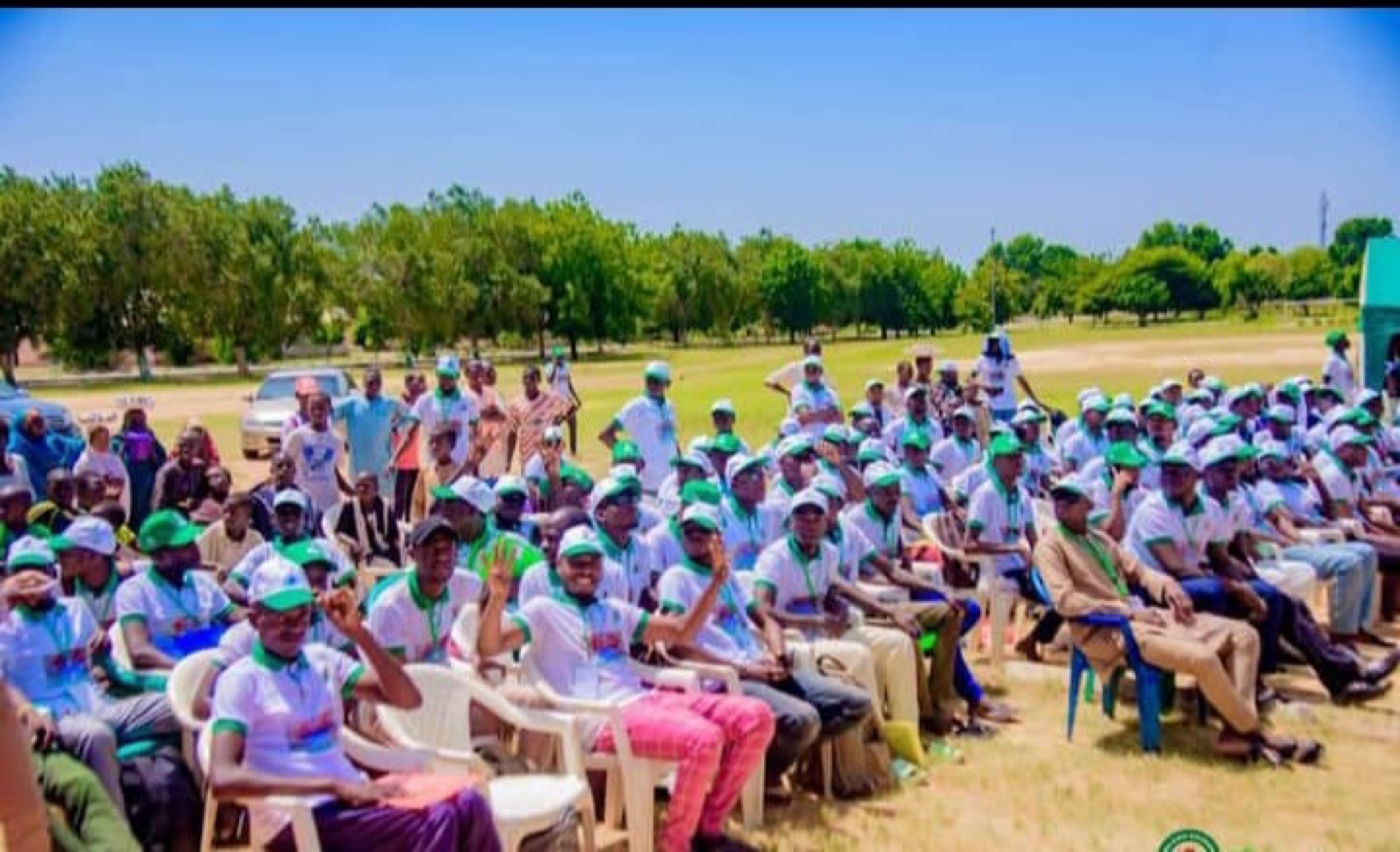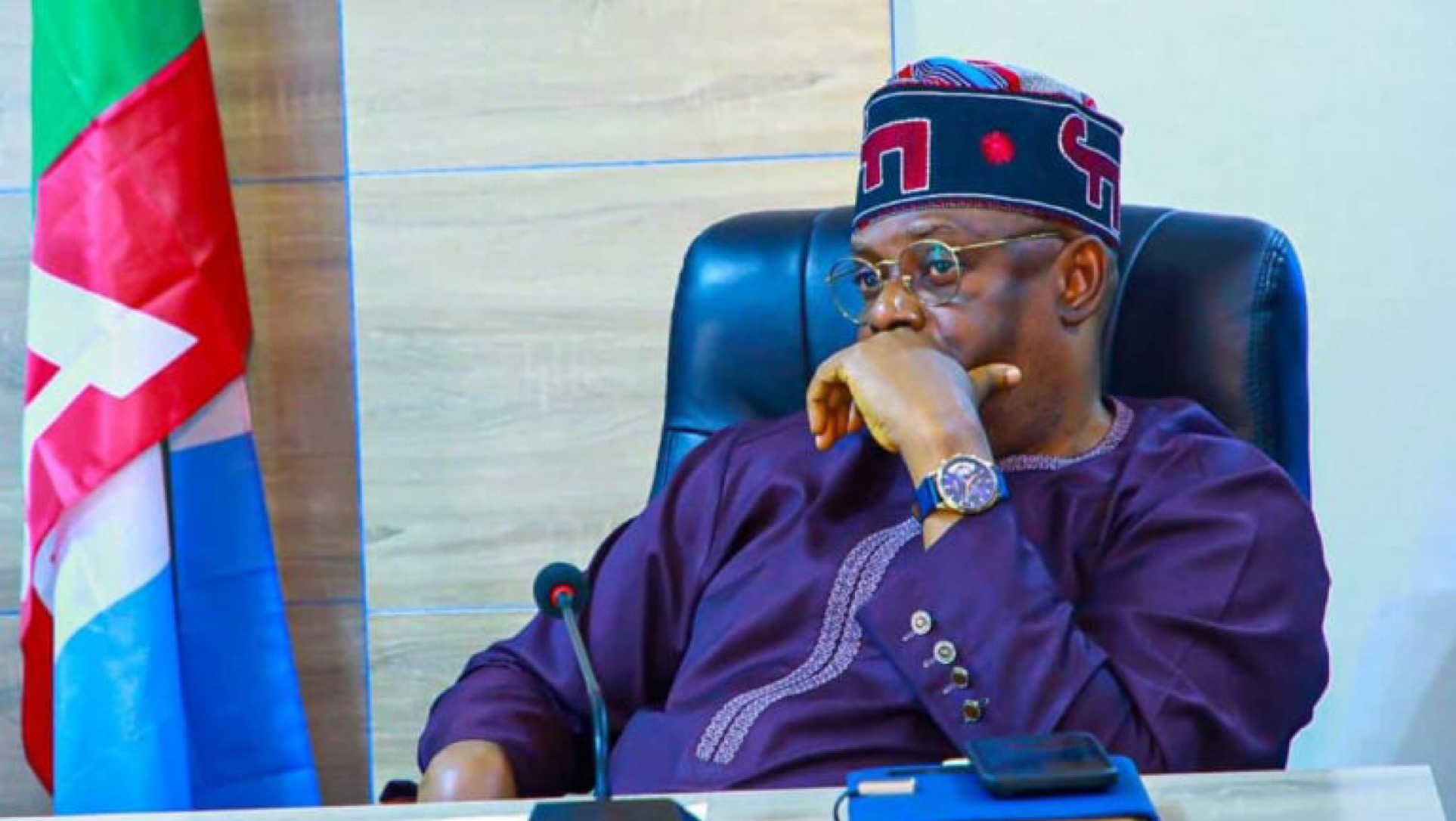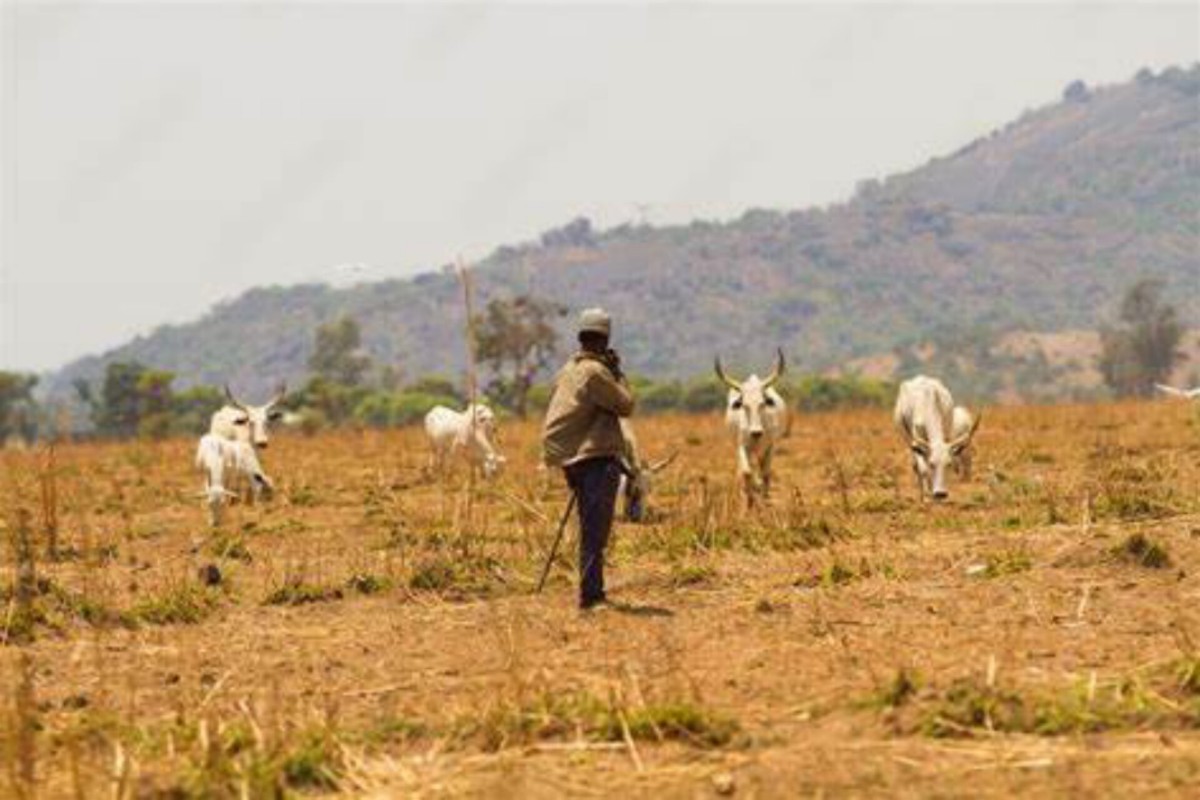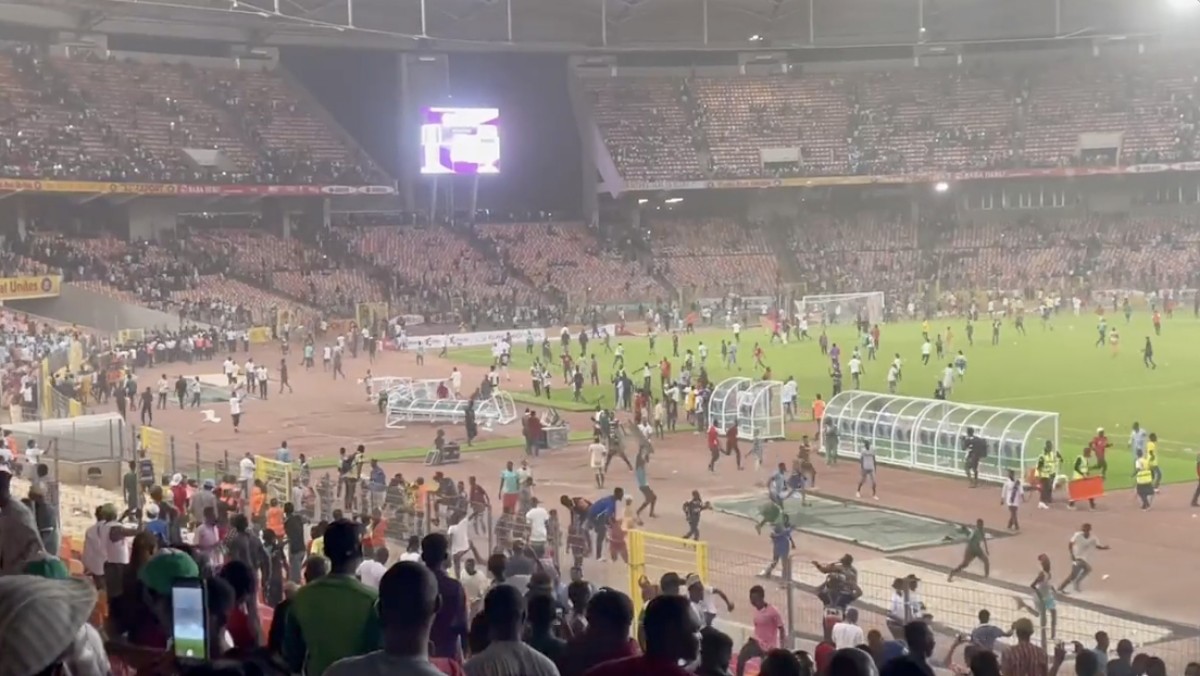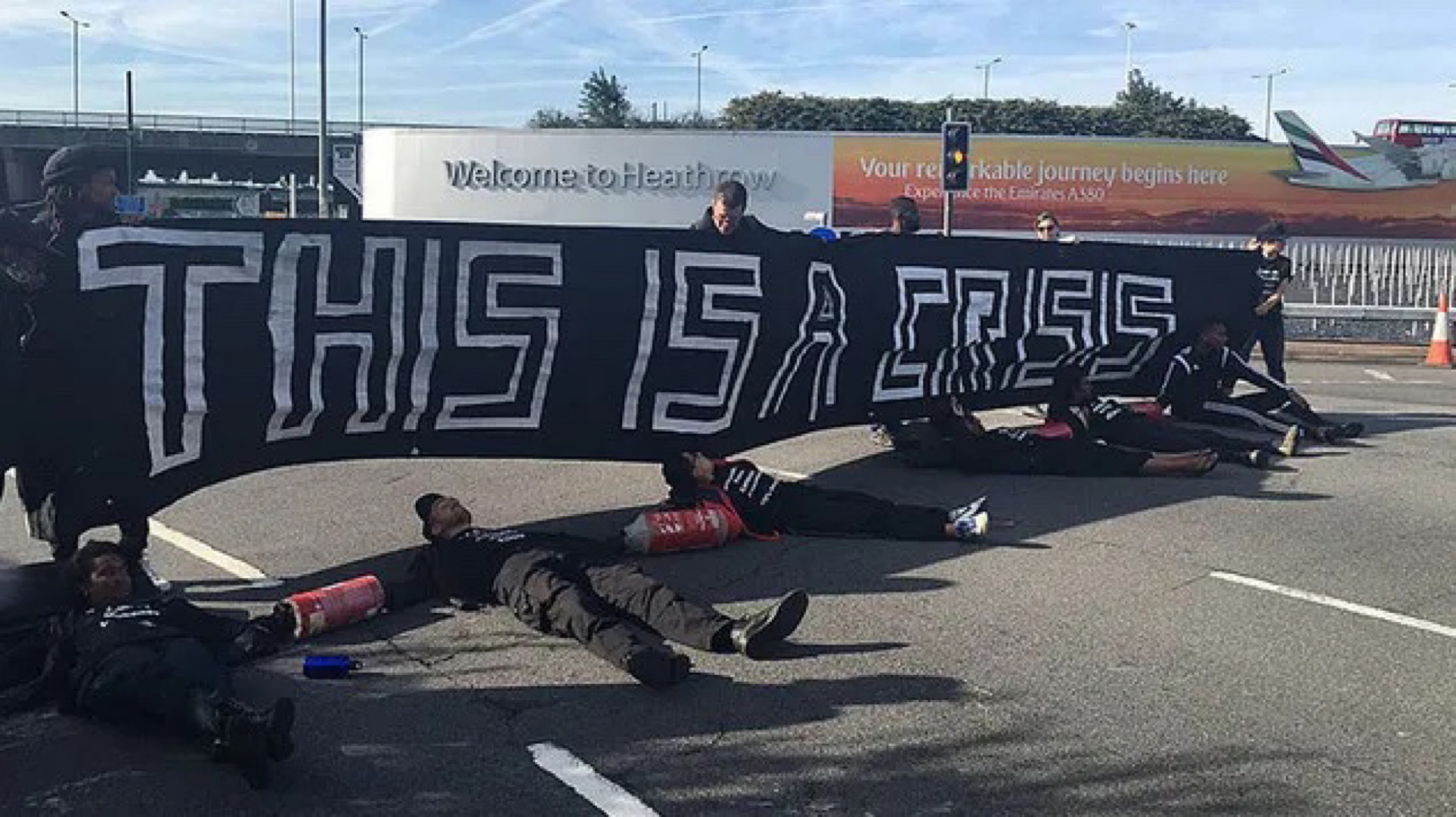A powerful wave of youth-led protests is sweeping across Madagascar, ignited by a generation desperate for change and demanding the resignation of President Andry Rajoelina. The president’s recent move to dissolve the government has only fueled the flames of discontent, with protestors declaring it merely a token gesture.
Since the unrest began on September 25, catalyzed by the arrest of local councillors protesting crippling power and water shortages in Antananarivo, the situation has escalated tragically. The United Nations reports that at least 22 people have lost their lives, with over 100 injured, as young activists take to the streets. Their fight is not solitary but inspired by global youth movements in Indonesia and Nepal that have successfully toppled governments.
Madagascar, one of the world’s poorest nations with an average annual income of $545, finds itself ranked 140th in Transparency International’s 2024 Corruption Perceptions Index. Young protestors are rallying together, accusing Rajoelina and his government of rampant corruption and calling for sweeping changes: the president’s resignation, a complete overhaul of parliament, a purge of both the judiciary and electoral commission, and systemic political reforms.
Despite Rajoelina’s apologies and calls for dialogue, many young activists feel his response is insufficient. “It’s a small victory, but we’re just getting started,” affirmed a determined 26-year-old protester. Others openly reject any notion of dialogue, labeling the government as a “mafia” that seeks to fragment their movement.
With creativity at their forefront, Gen Z activists in Madagascar have embraced unconventional protest tactics, including a modified version of the iconic One Piece pirate flag incorporated with a symbol from their rich culture. While government officials accuse them of looting, the activists emphasize their commitment to a constitutional, nonviolent approach—even organizing cleanup drives in the capital to demonstrate their integrity.
As some protesters go underground, the movement’s resolve remains unshaken. “If I stop now, who will stand up again?” questioned one 25-year-old activist passionately. After 15 long years of this regime, they believe they are the last hope for their generation, ready to dismantle the system that perpetuates corruption and poverty. The call for lasting change rings loud and clear in Madagascar, as the youth stand united, fierce, and unwavering.



